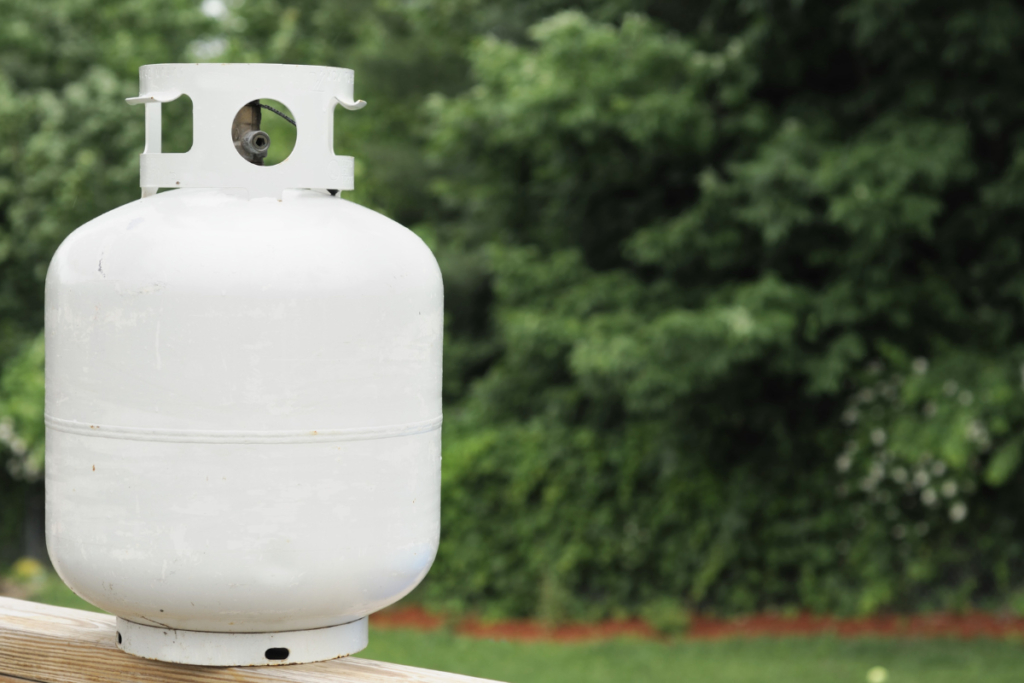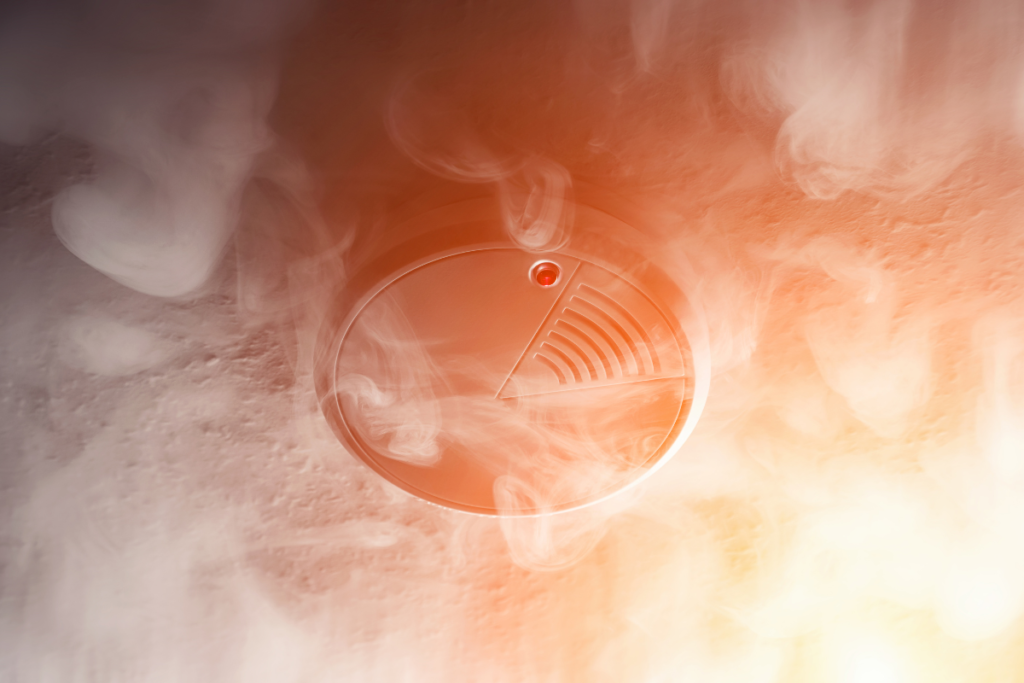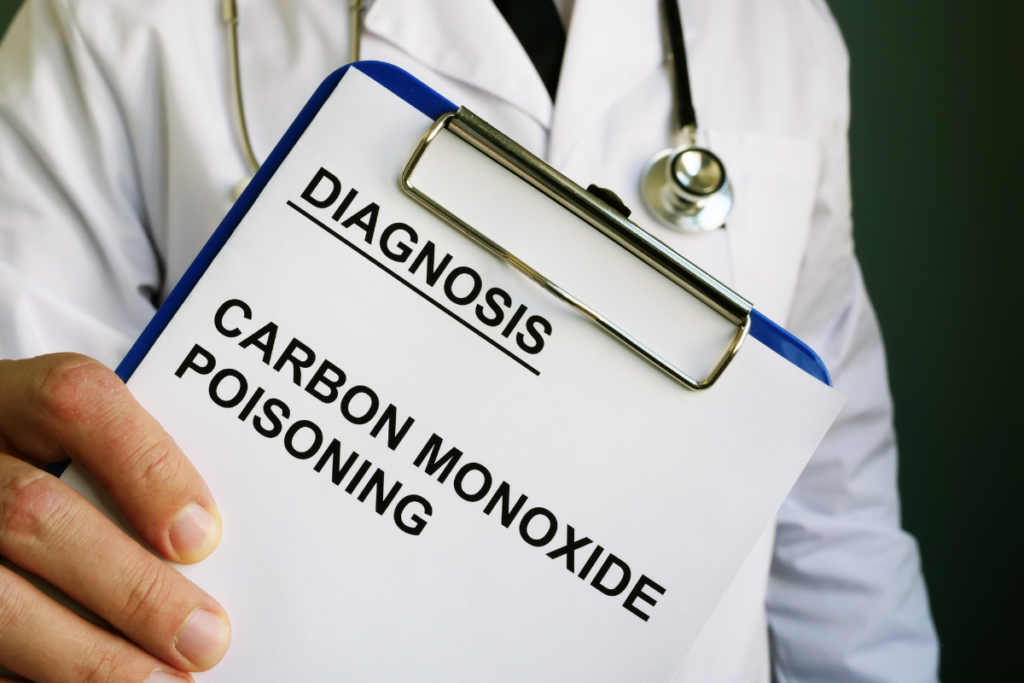Carbon monoxide (CO) detectors have long been recognized as essential devices for detecting the odorless and colorless gas that can be deadly in high concentrations. However, many people wonder if these detectors can also detect propane, another potentially dangerous gas commonly used for heating and cooking. In this article, we will explore the capabilities of carbon monoxide detectors in unmasking propane threats, shedding light on the hidden dangers that can lurk in our homes.
Beyond the Norm: Unveiling the Propane Puzzle with Carbon Monoxide Detectors
While carbon monoxide detectors are primarily designed to detect CO, they can also provide some level of protection against propane leaks. Propane is a highly flammable gas commonly used in residential and commercial settings for heating, cooking, and powering appliances. When propane leaks occur, they can pose serious risks, including fire, explosions, and asphyxiation.
Carbon monoxide detectors work by sensing the presence of CO in the air and alerting occupants with an audible alarm. Propane, on the other hand, has a distinct odor added to it to help detect leaks. However, in some cases, the odorant may not be strong enough or may dissipate over time, making it difficult to rely solely on smell to detect propane leaks. This is where carbon monoxide detectors can play a crucial role.

Carbon Monoxide Detectors
Breaking Boundaries: How Carbon Monoxide Detectors Tackle Propane Perils
Carbon monoxide detectors are equipped with sensors that can detect a range of gases, including propane. While they may not be as sensitive to propane as they are to carbon monoxide, they can still provide an additional layer of protection against propane leaks.
When propane is present in the air, it can react with the sensors in carbon monoxide detectors, triggering an alarm. This can help alert occupants to the presence of propane and prompt them to take immediate action, such as shutting off the gas supply and ventilating the area.
The Ultimate Guardian: Carbon Monoxide Detectors on a Mission to Detect Propane
Carbon monoxide detectors are often referred to as the ultimate guardian against gas-related dangers. Their ability to detect both carbon monoxide and propane makes them a valuable tool in safeguarding homes and businesses.
According to the National Fire Protection Association (NFPA), between 2014 and 2018, an average of 1,900 home fires per year were caused by propane leaks or malfunctions. These fires resulted in an average of 80 civilian deaths and 180 injuries annually. By having carbon monoxide detectors in place, these numbers could potentially be reduced, as the detectors can provide early warning signs of propane leaks before they escalate into fires or explosions.
Unleashing the Power: Carbon Monoxide Detectors’ Propane-Detecting Prowess
Carbon monoxide detectors are not specifically designed to detect propane, but their ability to sense a range of gases, including propane, makes them a versatile tool in gas detection. While they may not be as sensitive to propane as specialized propane detectors, they can still serve as an effective early warning system.
It is important to note that carbon monoxide detectors should not be relied upon as the sole means of detecting propane leaks. It is recommended to have a dedicated propane detector in areas where propane is used or stored, such as kitchens, basements, or garages. These specialized detectors are designed to be more sensitive to propane and can provide more accurate readings.

Carbon Monoxide
Propane’s Nemesis: Carbon Monoxide Detectors at the Frontline of Detection
In conclusion, while carbon monoxide detectors are primarily designed to detect carbon monoxide, they can also provide some level of protection against propane leaks. Their ability to sense a range of gases, including propane, makes them a valuable tool in detecting and alerting occupants to potential propane threats.
However, it is important to remember that carbon monoxide detectors should not be solely relied upon for propane detection. Specialized propane detectors should be used in conjunction with carbon monoxide detectors in areas where propane is present. By combining these two types of detectors, homeowners and businesses can create a comprehensive gas detection system that provides maximum safety and peace of mind.

